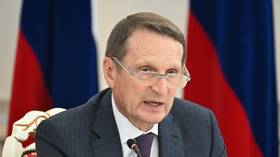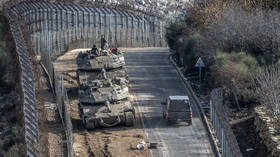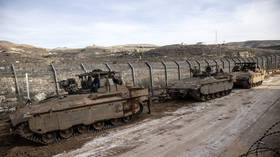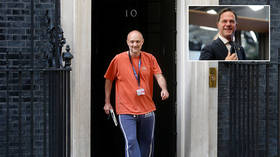Technological leaps, more risk or dawn of private space exploration? How SpaceX’s 1st manned mission could change things FOREVER
Elon Musk’s SpaceX will launch its first manned mission into orbit on Wednesday – a feat already being hailed by some as ‘historic’. RT has asked veteran cosmonauts what it would mean for the US, Russia, and space exploration.
The company’s Falcon 9 rocket, carrying its Crew Dragon capsule, will blast off into space from the Kennedy Space Center in Florida – the first ever launch conducted by a private spacecraft firm. NASA astronauts Doug Hurley and Bob Behnken are expected to link up with the ISS and spend between one and four months in orbit, depending on how well the equipment performs.
If successful, the launch would represent a major symbolic achievement for the US, say Russian cosmonauts Oleg Kotov and Aleksandr Lazutkin. Since 2011, the leading space nation has had to rely on Russia’s Soyuz spacecraft for manned missions, after its own space shuttle program was scrapped.
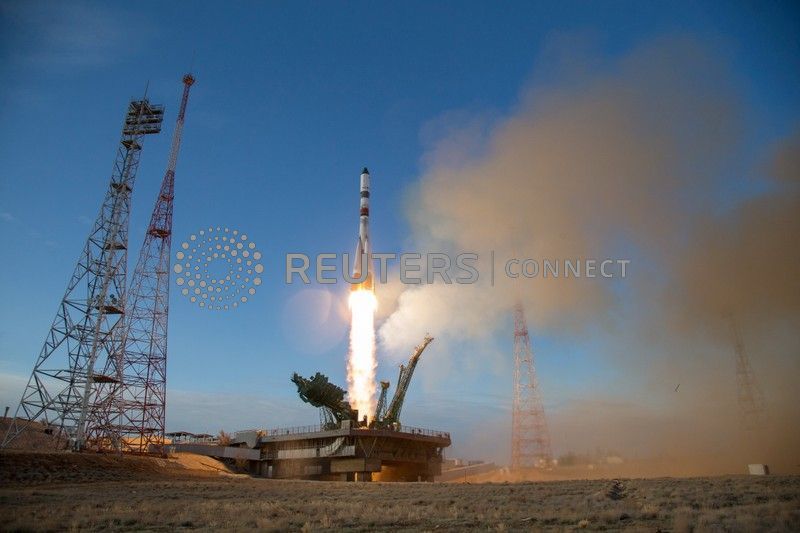
Alternative space ‘route’ & technological competition
The launch is far more than a simple matter of prestige, though. The emergence of another organization capable of manned space launches would end not only the US’ but the world’s dependence on the Russian Soyuz program when it comes to manned ISS missions. While it might not exactly sound like a good thing for Moscow, the cosmonauts believe it to be a positive development.
“There will be another transport route,” Kotov said. His experience includes travelling to orbit three times and spending almost a year and a half onboard the ISS in total, while also working in open space for a total of over 36 hours. Reliance on Soyuz was “primarily a serious technical dependency,” he explained, adding that there was a potential risk of humanity losing contact with the International Space Station in the event that something terrible happened to the Russian spacecraft.
Also on rt.com Trump to attend manned SpaceX launch – should journalists be worried?“There will just be another organization capable of producing and launching spaceships. That is a good thing,” agreed Lazutkin, who spent 184 days aboard the Soviet ‘Mir’ space station, surviving both a fire and a pressurization failure onboard.
Still, one should not expect an explosive growth of manned space launches or a significant technological leap in the space industry just because SpaceX succeeds in its endeavor, the cosmonauts warn. “The space industry is a very knowledge-intensive and slow-developing field. One should not expect any sort of a ‘boom’ from the emerging private sector,” Lazutkin said.
Musk has already helped boost technological developments in this field, having opted to create some new technologies of his own for the SpaceX spacecraft instead of adapting existing ones. “This is what manned space exploration urgently needs,” Kotov said, while Lazutkin noted that competition in the space industry would likely force other space nations to “seek new ways.”
Security risks?
One of the possible problems associated with private space exploration is that it would sacrifice astronauts’ security in the name of cost effectiveness, Kotov warns. “The most secure spacecraft is not the most effective one when it comes to commercialization,” he said.
The cosmonaut noted that the approach seemingly embraced by Musk is similar to that of civil aviation, where planes must reach certain safety standards to be allowed to fly but a certain number of technical incidents are “accepted.”
Also on rt.com NASA quietly buys additional Soyuz seat as SpaceX prepares for historic manned space flightThat is what makes SpaceX different from Russia’s Soyuz program, which is based on the idea of absolute safety and multiple safeguard systems. “Modern space exploration is, however, drifting towards more acceptability for the use of less secure systems,” Kotov said.
“The very idea behind Musk’s reusable rockets is that they are not tested anew before each launch. Otherwise there is no economic sense in them.”
NASA will now be conveniently relieved of the burden of bearing the costs and security risks associated with manned space launches. Instead, it would just “book a service” from a private company and leave them to deal with all the risks, the cosmonaut said.
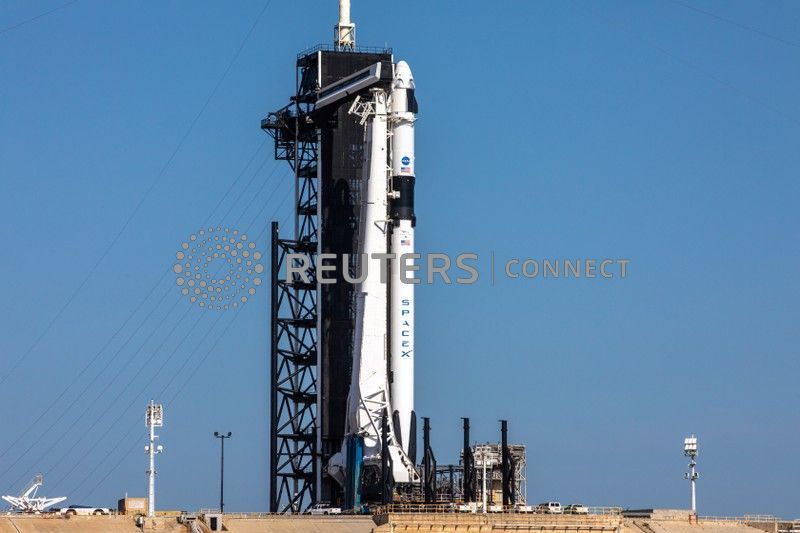
To space without state oversight
A private company’s technical ability to launch its own space missions without government involvement could provide completely new opportunities for various companies whose access to space was previously severely limited by state bureaucracy, Kotov believes.
Also on rt.com SpaceX simulated failure test: Elon Musk checks if Crew Dragon astronauts are as safe as Soyuz crews (VIDEO)“Private spacecraft companies could potentially develop their own manned missions, not dependent on government contracts,” the cosmonaut said – and that is not just about space tourism.
“That could potentially open up the way for hi-tech or pharmaceutical corporations to strike deals and conduct space experiments they would deem useful or necessary without the need to agree it with the state.”
Think your friends would be interested? Share this story!



